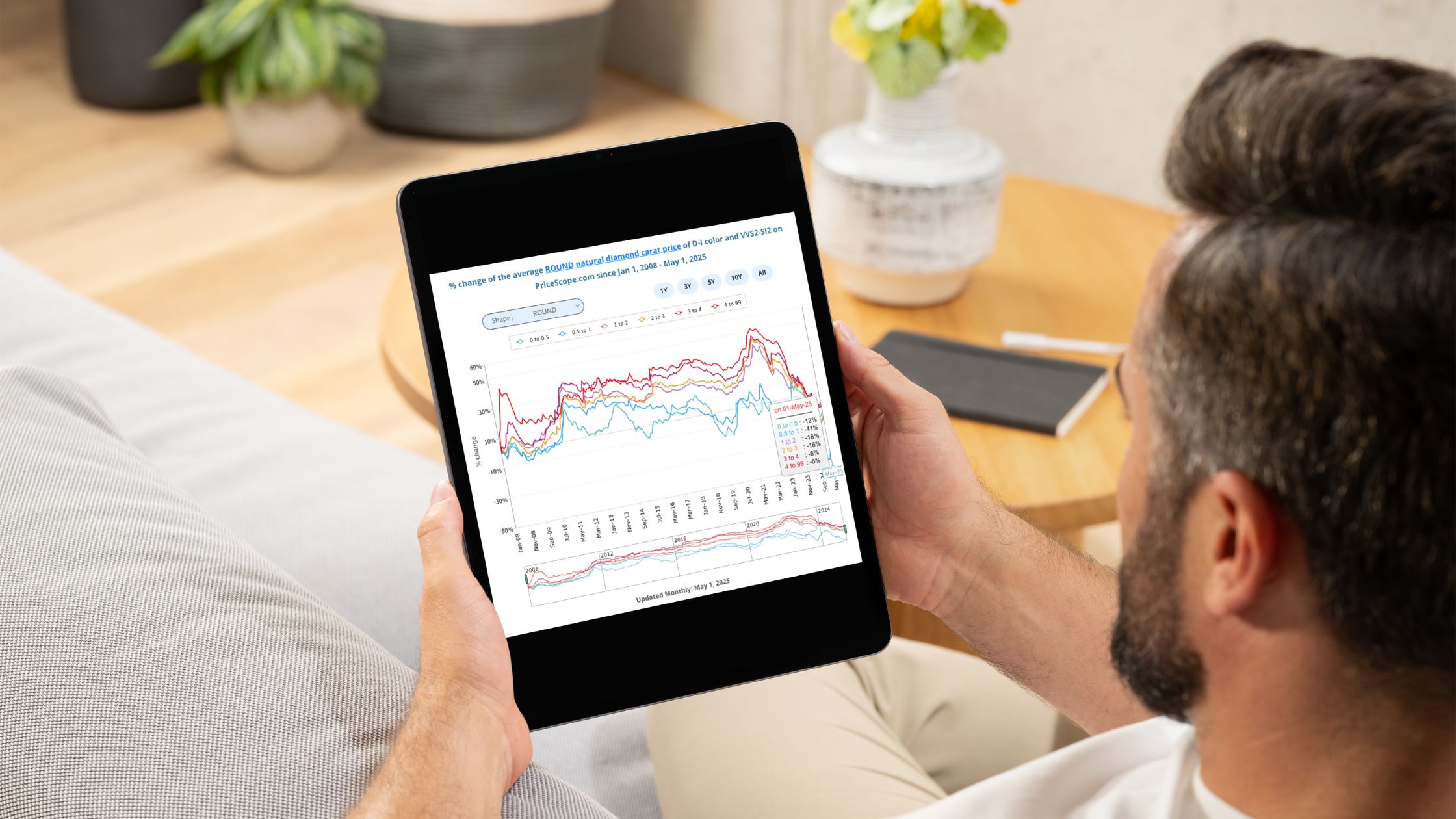I recently found what seems to be a great deal on a stone at a retailer on Philadelphia's jeweler's row. The stone looks stunning (Hearts & Arrows, F/G, VS), is graded an excellent cut (1.1) by the Holloway cut advisor and is 20 to 30% cheaper than similar stones online. However, the stone was certified by EGL Israel, so I have my doubts about the authenticity of the certification. The jeweler offered to send the stone to Accredited Gem Appraisers (AGA) in Philadelphia for a third-party appraisal. Needless to say, AGA arrived at the same ratings as EGL and even appraised the stone for more than double the retail price. Now I'm wondering if I've found a deal that's too good to be true. I have a few questions which you might help answer:
1) I've noticed that GIA or AGS certified stones generally retail for more than EGL certified stones. If a jeweler can get a high quality stone GIA certified and sell the stone at a nice premium, why bother getting an EGL certification and selling at a lower price?
2) Is the AGA truly a third-party in this situation, especially since the jeweler sent the stone to the AGA for an appraisal? My worst fear is to open up the Philadelphia Inquirer next month and discover the AGA has secretly been in the pocket of jewelers for years (although I must note that these forums and various people I've met have good things to say about the AGA's professionalism and integrity).
3) Is it still reasonable for me to ask the jeweler for a GIA certification? The jeweler gave me several excuses why it's difficult to get a GIA certification (turnaround would take several weeks, much higher certification cost, GIA typically doesn't certify loose stones from retailers etc). I'm not sure whether the jeweler is merely giving me a stiff arm or getting a GIA certification truly isn't practical.
4) Would it improve the stone's integrity and appraisal value to inscribe the AGA certification number? For some reason, EGL never bothered to inscribe the stone with the certification number.
With the aforementioned stone and setting, I am already well above my ring budget, otherwise I would purchase a GIA certified stone. At what point should I have peace of mind in the quality of the stone? What would you do if you were in my shoes?
Thanks for your comments in advance!
Vardamann
1) I've noticed that GIA or AGS certified stones generally retail for more than EGL certified stones. If a jeweler can get a high quality stone GIA certified and sell the stone at a nice premium, why bother getting an EGL certification and selling at a lower price?
2) Is the AGA truly a third-party in this situation, especially since the jeweler sent the stone to the AGA for an appraisal? My worst fear is to open up the Philadelphia Inquirer next month and discover the AGA has secretly been in the pocket of jewelers for years (although I must note that these forums and various people I've met have good things to say about the AGA's professionalism and integrity).
3) Is it still reasonable for me to ask the jeweler for a GIA certification? The jeweler gave me several excuses why it's difficult to get a GIA certification (turnaround would take several weeks, much higher certification cost, GIA typically doesn't certify loose stones from retailers etc). I'm not sure whether the jeweler is merely giving me a stiff arm or getting a GIA certification truly isn't practical.
4) Would it improve the stone's integrity and appraisal value to inscribe the AGA certification number? For some reason, EGL never bothered to inscribe the stone with the certification number.
With the aforementioned stone and setting, I am already well above my ring budget, otherwise I would purchase a GIA certified stone. At what point should I have peace of mind in the quality of the stone? What would you do if you were in my shoes?
Thanks for your comments in advance!
Vardamann




300x240.png)